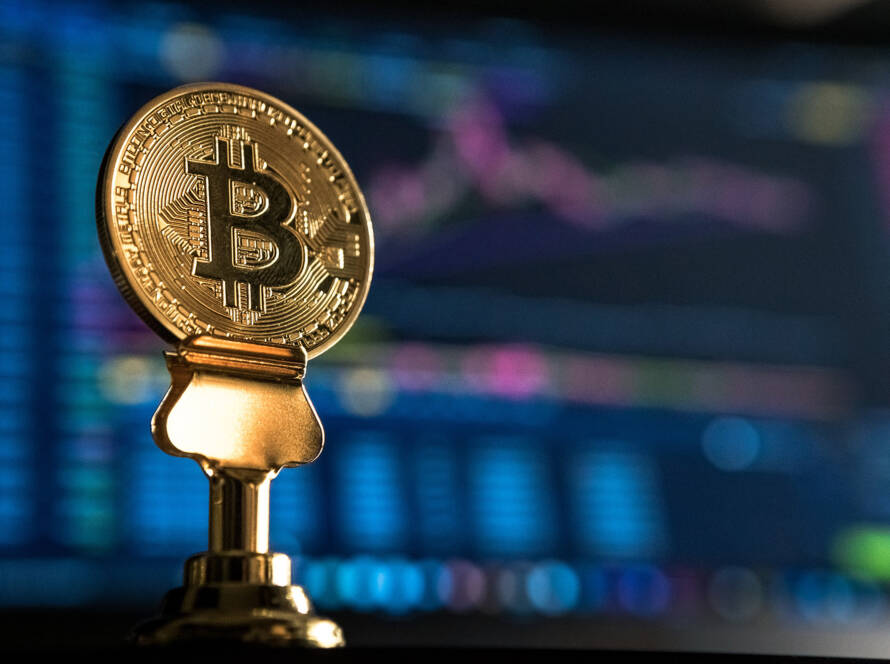Blockchain transactions are designed to be irreversible, so it’s important to take extra steps to protect your digital assets.
A blockchain is a distributed network that has no central authority. While decentralisation comes with many advantages, it also means that when things go south, there’s no real regulatory body there to help you. To keep your crypto safe, you have to assume a great degree of personal responsibility, or your funds could be compromised or lost for good.
Here are eight tips to help you keep your wallet safe.
1. Keep a cold wallet
The safest way to keep your wallet safe is to keep a cold wallet that isn’t connected to the internet, such as a hard drive or other hardware device. Unlike an online ‘hot’ wallet, cold wallets are not vulnerable to viruses and other software vulnerabilities, but the important thing is that you keep it safe. They can be breached if stolen or misplaced.
Manufacturers like Ledger offer various models of USB-like devices which come with pre-installed security layers and encryption features.
In the early days of Bitcoin, cold ‘paper wallets’ were one of the most common ways to ensure the safety of a crypto wallet. A paper wallet produces both public and private keys that you print onto paper. (You will want to laminate it and store it properly, though.) These wallets do not store physical cryptocurrencies — they simply refer to the method of access to the actual wallet.
Another option is to simply write the key down, but again, you will need to ensure you store it correctly.
2. Keep your software up to date
Regardless of what device or operating system you use, it’s important that you always keep your software up to date. Newest versions of software (including both wallet and operating softwares) will have stronger security measures than previous versions. It’s good practice to keep auto-updates on.
3. Avoid public WiFi
An obvious one to some, but not to others. Public WiFi connections are notoriously unsafe and information is often compromised when using them. If you absolutely must use a public network for whatever reason, a VPN can be used to hide your IP address and location, and it can help prevent tracking of your online activity. Another option if you’re in a public place is to connect to your phone hotspot, rather than the WiFi.
4. Use two-factor authentication for online wallets
According to Microsoft, multi-factor authentication blocks 99.9% of automated attacks. Two-factor authentication for your online wallets makes it significantly harder for an unauthorised person to gain access to your devices, so you should use it wherever you can. This is particularly important when it comes to SIM swap fraud.
SIM fraud is when a scammer convinces your phone provider that they are you, enabling them to take control over your phone. It’s more common than you think, so if your phone is stolen, or if you’ve lost access to calls/texts/data, you should immediately call your service provider to lock the SIM.
5. Be mindful of phishing
Phishing is a common type of fraud on the internet at large, not just in crypto. Phishing is when an attacker poses as a legitimate site or entity to gain access to your information. It’s much easier to fall for than you might expect.
Common signs of phishing include:
- An urgent call to action (i.e. ‘you need to do XYZ now to avoid fees’)
- Blurred, out of focus or resized images in the background to evade attention to detail
- Images or copy that use outdated branding and messaging
To avoid phishing attempts, it’s a good idea to save links to your ‘favourites’ folder, and to type URLs directly into the HTML bar rather than clicking any links sent to you. Be vigilant when clicking links sent by email or text, and even on apps like Discord and Telegram.
6. Choose your exchange wisely
Not all exchanges are equal. Some are more secure than others, so before purchasing crypto, do some background reading on which exchanges have been hacked in the past. Gemini, Coinbase and Binance are all safe choices, but it’s important that you do your own research before deciding.
7. Be smart with your password
Statistics show that 52% of people use the same password across websites. This is an obvious vulnerability because it makes your wallet password very easy to guess — even more so if your password contains information like dates and names.
To keep your wallet safe, chose a strong password and change it every six months. And, make sure you don’t forget it.
8. Keep a separate wallet for day-to-day transactions
If you’re the sort of person who makes small daily transactions with your crypto, it’s best to keep separate wallets (i.e. one for daily transactions, and a separate one to hold a more substantial sum).
If one wallet does get hacked or scammed, you won’t have lost everything.




